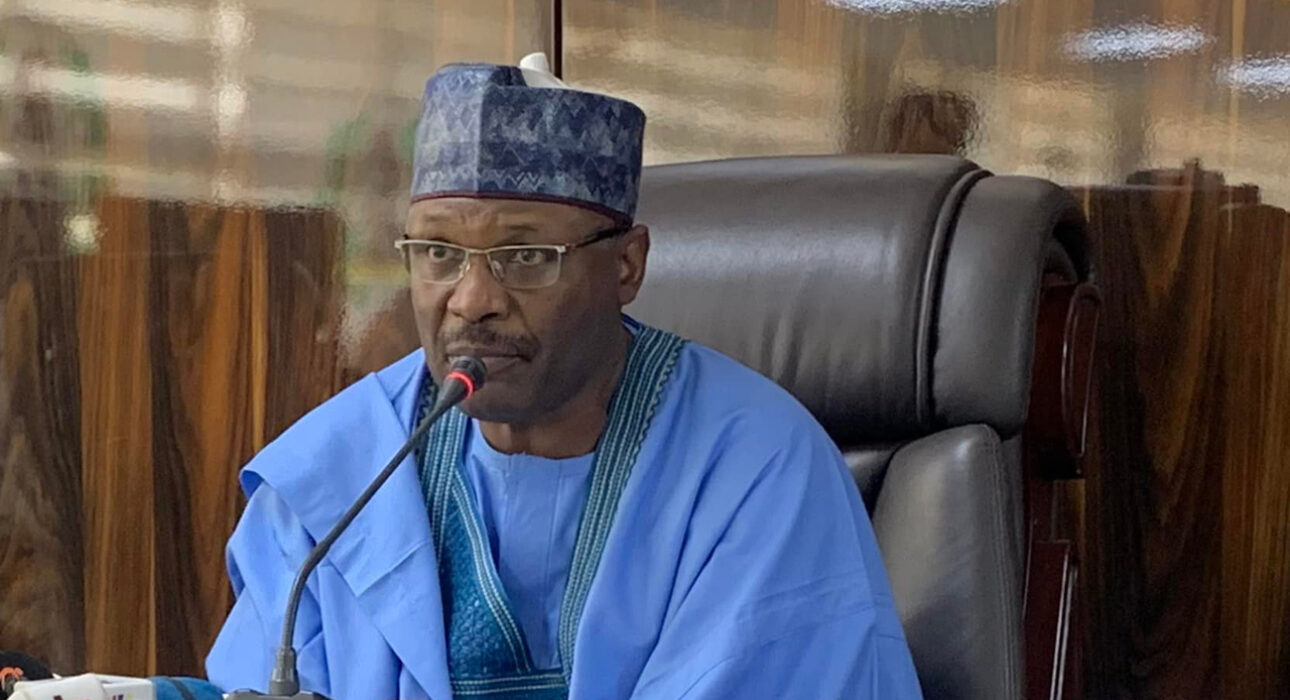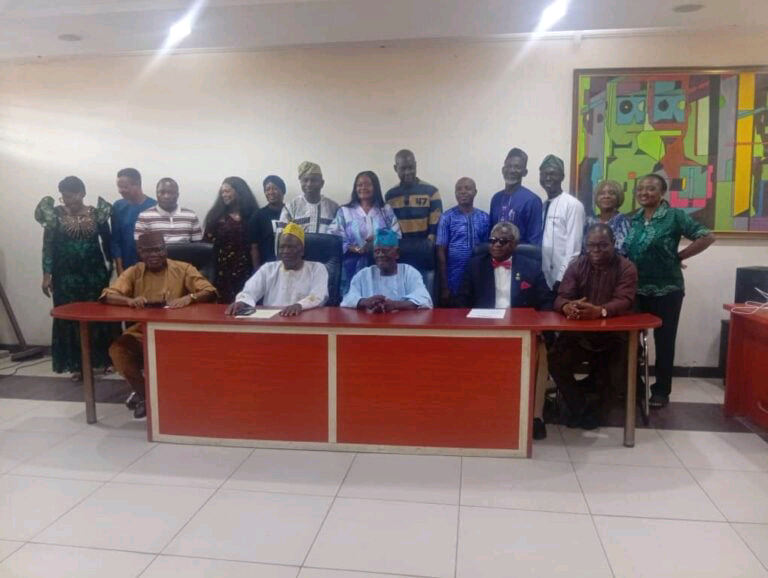INEC-Chairman-Renews-Call-for-Greater-Women’s-Inclusion-in-Nigerian-Politics

The Chairman of the Independent National Electoral Commission (INEC), Prof. Mahmood Yakubu, has renewed his call for stronger efforts to enhance women’s participation in Nigerian politics, stressing that gender inclusion is vital to the health of the country’s democracy.
Speaking at recent engagements with stakeholders, Prof. Yakubu urged the National Assembly to consider affirmative action measures as part of ongoing electoral reforms. He argued that without deliberate legal backing, women would continue to be sidelined in elective and appointive positions.
INEC, he noted, has already taken internal steps to promote inclusivity. In 2021, the Commission established a dedicated Department of Gender and Inclusivity and has since increased the number of women in senior management.
Out of 24 departments and directorates at headquarters, 11 are currently headed by women. Female officers also serve in key roles at state and local government levels, with facilities such as workplace crèches introduced to support nursing mothers within the Commission.
Beyond its internal policies, INEC has been collaborating with civil society groups, women’s organisations, and the media to encourage women to register as voters and to stand for elections.
In Osun State, for instance, the Resident Electoral Commissioner partnered with the Nigerian Association of Women Journalists (NAWOJ) to boost female voter participation and raise awareness about political rights.
Despite these efforts, Yakubu admitted that women remain under-represented in Nigeria’s political system. Structural barriers such as cultural norms, high campaign costs, limited access to party structures, and electoral violence continue to discourage women from running for office. INEC has therefore called on political parties to take more responsibility by nominating more female candidates and dismantling internal discriminatory practices.
Observers note that women make up nearly half of Nigeria’s population, yet their presence in elective positions remains disproportionately low. Advocates argue that greater inclusion would not only strengthen democratic governance but also ensure that policies better reflect the needs of women and communities at large.
As the debate over constitutional and electoral reforms continues, Prof. Yakubu’s call is expected to reignite discussions on whether Nigeria should adopt legally enforceable quotas or stronger incentives to boost women’s representation in politics.









